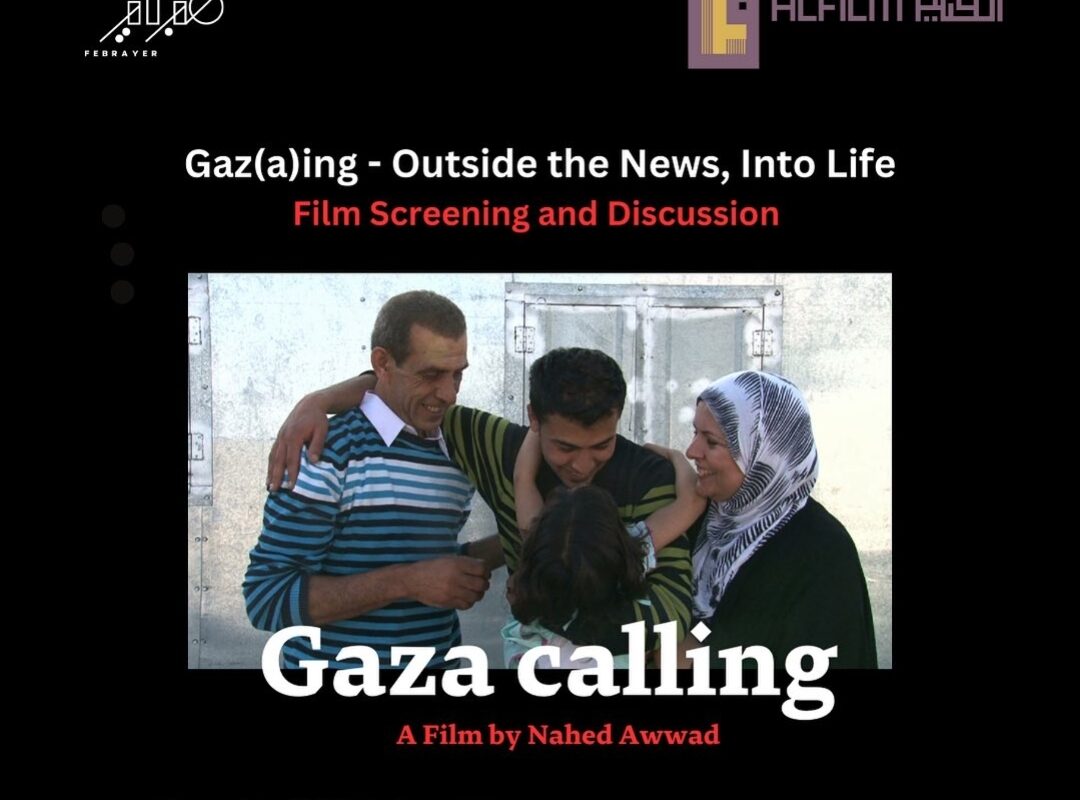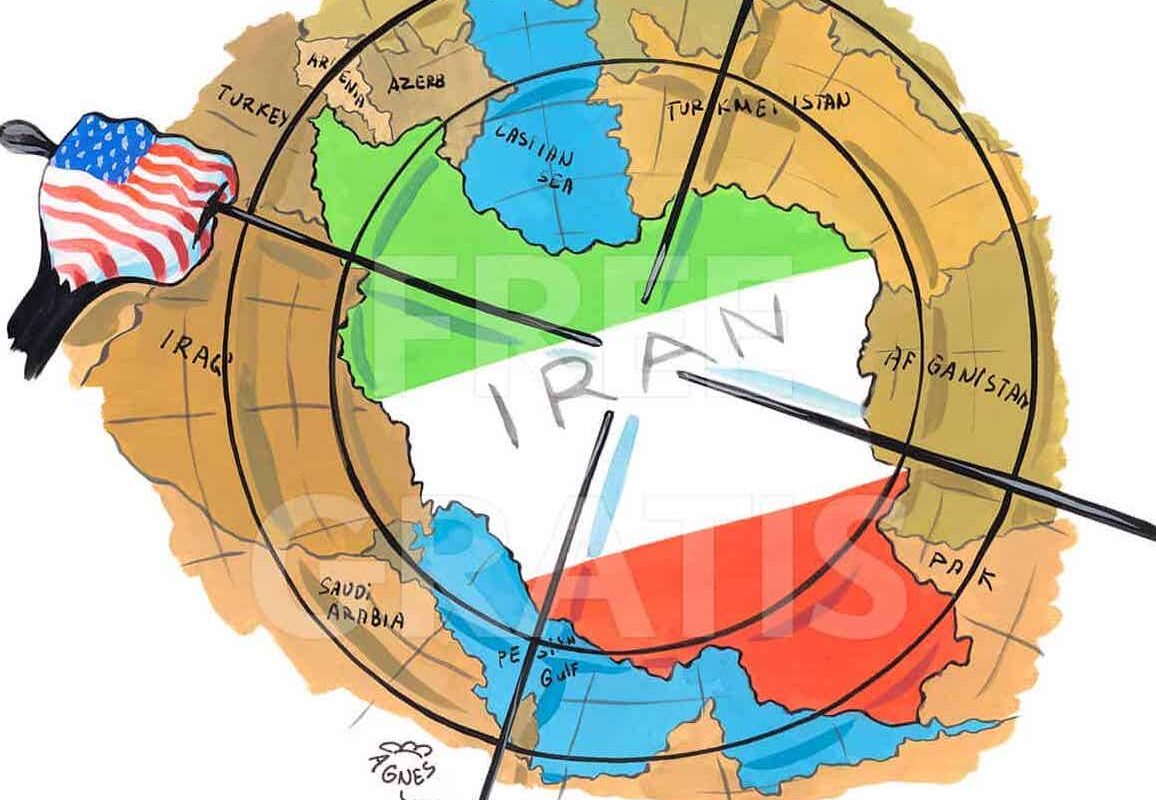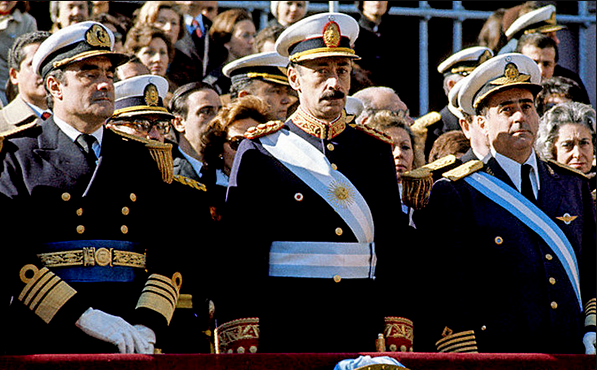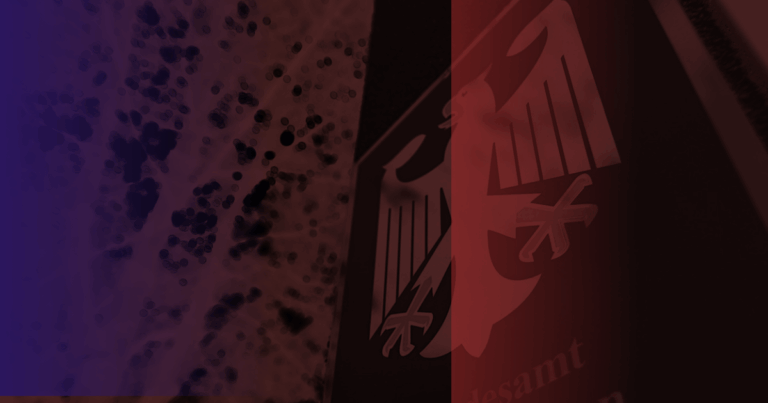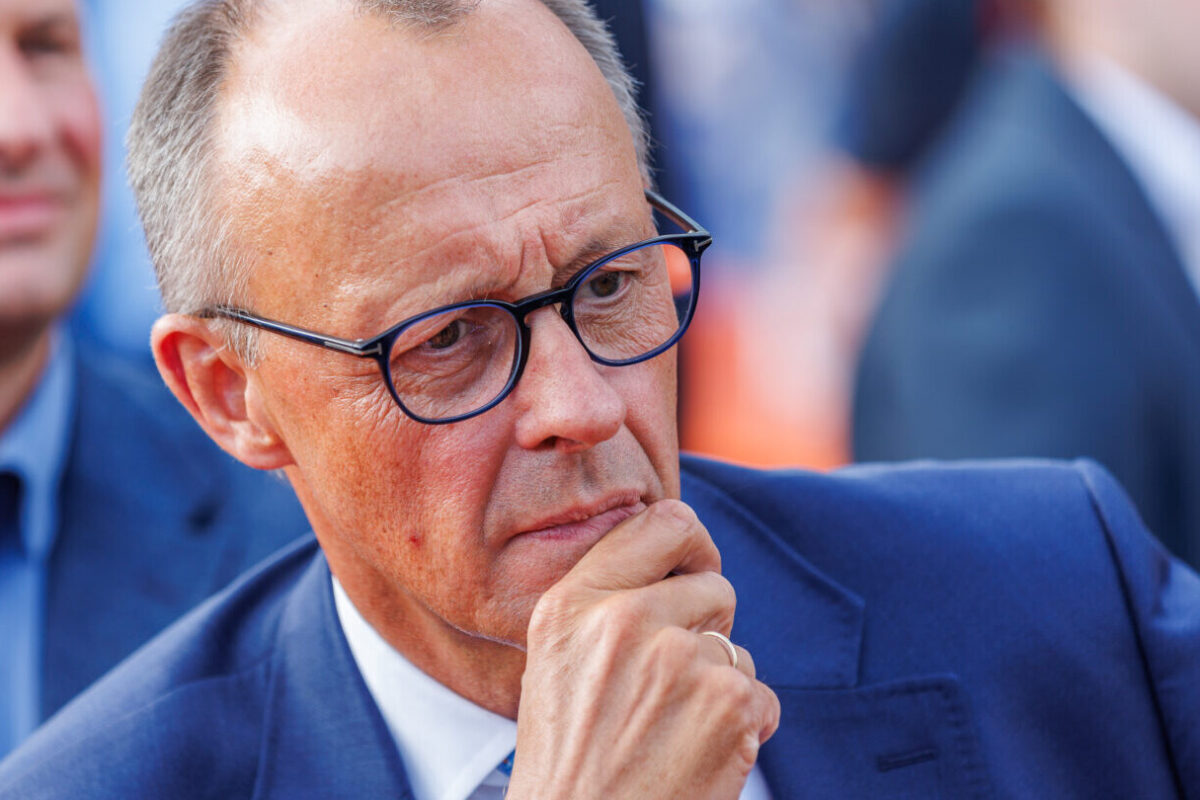Review by Phil Butland
Director: Nahed Awwad (Palestine, Switzerland, UAE). Year of Release: 2012
Gaza beach. A mother and her young daughter are playing in the sand. Safa, the mother draws a map of Palestine with a stick. She says: “Sama, look! We are here, in Gaza.” Pointing to another part of the map, she says: “And here’s the West Bank. Where is Samer?” Answering herself, she goes on: “In the West Bank. Samer’s in Ramallah. They closed the crossings so we can’t see him.”
Cut to: a graduation ceremony. One of the participants clutches his mortar board in one hand, and his old-style mobile phone in the other. A caption says: “Samer, Safa’s son, RAMALLAH”. Samer chats with his mother, excited that his family saw the ceremony. Later, Samer is interviewed in a car, where he says: “I’m afraid of what’s going to happen. My family relies on me so it would be a big disappointment if I returned now to Gaza.”
“Gaza Calling” is a story of two mothers and their sons. When Samer sneaked off to the West Bank with an 18 hour visiting pass, of course Safa was proud that her son could study film. And yet she knew that because his papers were from Gaza, it would be hard for him to return. When the film catches up with Samer and Safa six years on, Samer is working for a news agency in Ramallah. He has still only seen his young sister Sama through skype calls.
Meanwhile, another mother – Hekmat – is negotiating with the authorities and human rights organisations about the possibilities of visiting her son Mustafa. Mustafa visited his father in Gaza in June 2006. Four days later, Israeli soldier Gilad Shalit was captured by Palestinian fighters. Israel retaliated by blockading Gaza, making it impossible for people like Mustafa to return to their families. Hekmat tried to meet him in a different country, but Israel refused her any visa application.
Much of the film consists of Hekmat sitting with a phone in her hand, listening to a sympathetic voice telling her that they can do nothing to help her. Palestinians in Gaza, and the West Bank for that matter, are limited in what they can do by what is allowed by the Israeli government. The Palestinian Authority (PA), which was set up after the Oslo Accords to nominally govern the Occupied Palestine Territories is shown to have no authority.
In one scene, Hekmat asks what is the point of the many NGOs that have offices in Ramallah? Although it must be said, my experience is that these offices are rarely in the poor part of town. The NGO’s occasionally protest against Israeli human rights abuses, Hekmat says, but what are they able to do practically for people like her? It is as if the NGOs are mainly there to try to convince people in the West that “help” is being offered to Palestinians while nothing really changes.
Young men aged between 16-35 are particularly limited in their movements, as Israel considers them to be a security risk. The only exceptions to the general rule to prevent them visiting the West Bank require close family members to be dying or seriously ill. Even then, after the funeral, or after their loved one recovers, visitors must return immediately. Gazans living in the West Bank without the right papers are treated as criminals.
A Gazan ID card confirms second-class status – actually third-class, as people from the West Bank are hardly ‘privileged’. This is not limited to the poor. We see a meeting in which a former manager of the Hilton hotel in the UK came to Palestine to take on a new job at the Mövenpick Hotel. As soon as his Swiss employers found out that his ID card was from Gaza, they took away his job.
As the film progresses, we return to Samer. He is confronted with a crucial dilemma. He wants to go abroad to pursue his studies. He wants to provide for his family, who live on a small piece of land which has been devastated by sanctions, blockade and decades of Israeli air attacks. And yet he misses his family. Referring to the continued bombing he says: “Gaza is where they will die and I want to be with them when they do”.
Samer also loves and misses Gaza. When his family send him photos from the beach, he says they are mocking him (people in the West Bank are denied any access to the sea). At one point, he says “We have a beautiful country”. Ironically, this is while he is being transported through Israel passing road signs which have been written in Hebrew. The country may be beautiful, but the land remains stolen.
This evening’s screening was organised at very short notice with very little advertising. Nonetheless it was standing room only with 100 people packing a room with 30 seats. A Q&A afterwards with director Nahed Awwad was very subdued. It was as if it was trivial to talk about the everyday indignities suffered by the people of Gaza 10 years ago – as compared to the current Israeli deliberate bombing of hospitals and expelling half of the country from their homes.
But there is a causal link between the two. Previously there was an indifference of Western governments to the daily humiliation of the people of Gaza, and the ineffectiveness of NGOs. It is this that legitimised Israel’s more outrageous attacks being carryied out now. It was not surprising that today’s audience contained very few white Germans. In Berlin, where there has been a blanket ban on demonstrations for Palestine, many people are looking away.
The answer is not fewer screenings of films like this, but more. And not just to an audience which is primarily dressed in kuffiyahs. It is great that the Arab Film Festival Berlin put this on as an extra event. But these pictures and stories must also be seen by a Western audience. If you’re able to organise a screening, I’m sure you will get Nahed’s full support. As bombs continue to rain down on Gaza, it’s the least you can do.
This review first appeared on the cinephil Berliner film blog
If you are interested in organising a screening of Gaza Calling, please contact us at team@theleftberlin.com, and we will pass on your message to Nahed
